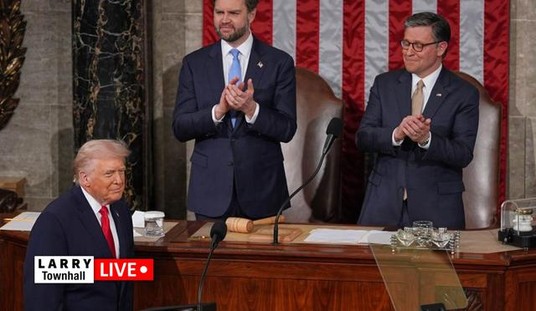The Coronavirus Aid, Relief, and Economic Security (CARES) Act, commonly referred to as the coronavirus relief package, allocated $500 billion in emergency funds for individuals and businesses that were being impacted by the pandemic. On Tuesday, the Senate passed a $483.4 billion aid package that will replenish the Paycheck Protection Plan (PPP). The PPP has been a saving grace for many businesses, especially as they attempt to keep employees on the payroll.
The House Ethics Committee, however, is telling Members of Congress to "exercise caution" before applying for these loans. There's a provision in the CARES Act that prevents businesses from obtaining funds if Members or their immediate family members (spouse, child, daughter-in-law, or son-in-law) owns 20 percent or more equity in said business.
"Members or businesses in which Members or certain individuals in their immediate family have an ownership interest may be able to apply for assistance under other parts of the CARES Act, such as the Paycheck Protection Program. However, other conflicts of interest rules and regulations (e.g., criminal conflicts of interest, see below) may limit a Member’s participation in those other provisions of the CARES Act," the Commitee said in a memo. "For example, Members may be prohibited from entering into contracts (including loans and loan guarantees) with federal agencies to secure emergency relief. Accordingly, Members are encouraged to review their financial holdings and familiarize themselves with the conflicts of interest rules and laws summarized below before availing themselves of any provision of the CARES Act or any future related legislation."
Recommended
Although Members are prohibited from receiving funds from the CARES Act, they are eligible to apply for loans under the PPP. The PPP gives businesses with under 500 employees loans to keep employees on the payroll and pay bills, like rent and utilities.
The biggest ethics rule that applies, even outside of the Wuhan coronavirus pandemic, is that Members are prohibited from voting on bills that would benefit them personally, especially if it pertains to business investments and ownership.
Editor's Note: Want to support Townhall so we can keep telling the truth about China and the virus they unleashed on the world? Join Townhall VIP and use the promo code WUHAN to get 25% off VIP membership!

























Join the conversation as a VIP Member